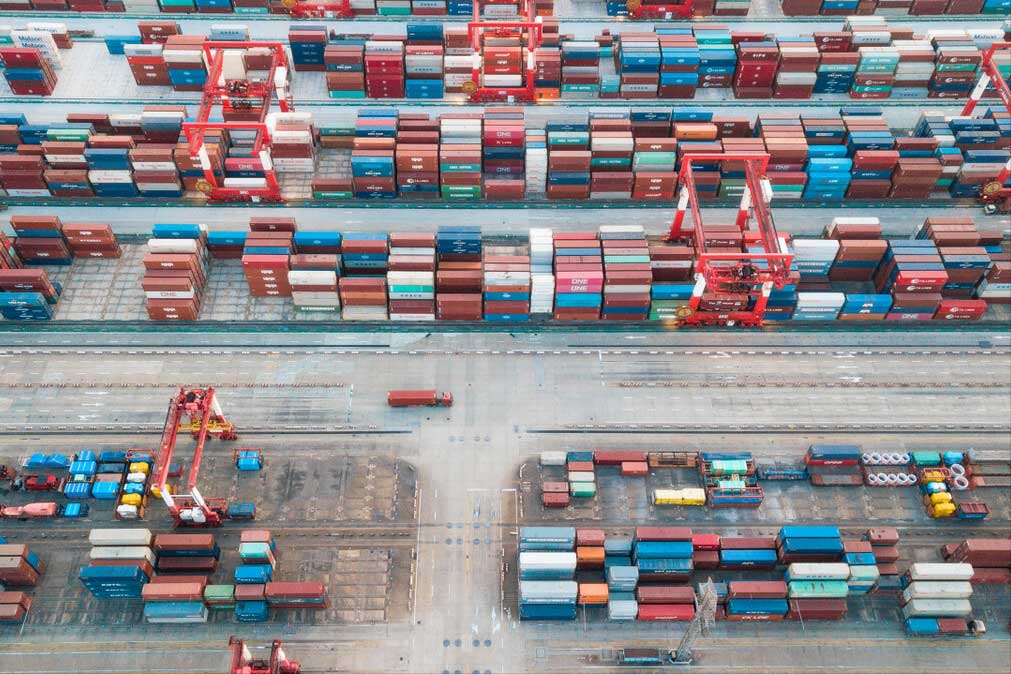
I. Why Are Export Agency and Customs Declarationcustoms clearanceTwo Completely Different Service Systems?
In 2025 International Trade Practices,Agency export serviceRefers to Agency Enterprises with Import-Export Rights Fully Responsible for the Entire Export Process, Covering Steps from Signing Foreign Trade Contracts, Arranging Logistics, Customs Declaration and Inspection to Foreign Exchange Settlement.Customs Declaration Agency ServicesFocus on Professional Operations in the Clearance Process, Mainly Handling Document Declaration, Tax Calculation, Customs Communication, and Other Specific Clearance Matters.
II. What Are the Core Differences Between the Two?
- Difference in Service Scope
- Export Agency: Covers the Entire Trade Process (Inspection, Tax Refund, Payment Settlement, etc.)
- Customs Declaration Agency: Limited toCustoms declarationRelevant Services
- Differences in Responsibility Division
- Export Agents Must Bear Legal Responsibilities as Trade Entities
- Customs Declaration Agents Are Only Responsible for Declaration Authenticity
- Difference in Qualification Requirements
- Export agentMust Possess Foreign Trade Operator Registration
- Customs Declaration Agents Only Need to Complete Customs Registration
III. Analysis of the Impact of 2025 Latest Policies on Both Services
According to the Customs Clearance Facilitation Implementation Rules Issued by the General Administration of Customs in January 2025, Customs Declaration Agency Services Must Pay Special Attention to:
- Electronic Customs Declaration Documents Must Use Certified Signature Systems
- Misclassification of HS codes will be incorporated into the corporate credit evaluation system
ForExport agententerprises, the Ministry of Commerces 2025 cross-border trade regulations require:
- Foreign exchange receipts and payments must be processed through designated regulatory accounts
- Export tax refundDocument retention period extended to 7 years
IV. How Should Foreign Trade Enterprises Choose Service Models?
Proposal to passThree-dimensional demand assessment:
- Business complexity: For transactions involving multiple countries/special commodities, using export agents is recommended
- Enterprise qualification status: Enterprises without import-export rights must use export agents
- Cost control requirements: For single shipments, customs brokers can be selected to reduce clearance costs
V. In-Depth Analysis of Industry Case Studies
Case 1:An electronics manufacturer completed its first export to RCEP member countries through an export agent, which assisted with certificate of origin authentication, tax guarantees, and other full-process services.
Case 2:A cross-border e-commerce company used a customs broker to handle 1210 bonded import operations, professionally managing special clearance procedures like split shipments and consolidated declarations, saving 30% on clearance time.
VI. How to Avoid Common Service Selection Pitfalls?
- Misconception 1: Believing customs brokers can handle foreign exchange settlements
- Misconception 2: Mistaking trade financing provided by export agents for bank credit
- Misconception 3: Overlooking intellectual property compliance review obligations in agency exports


 Follow Customer Service WeChat
Follow Customer Service WeChat